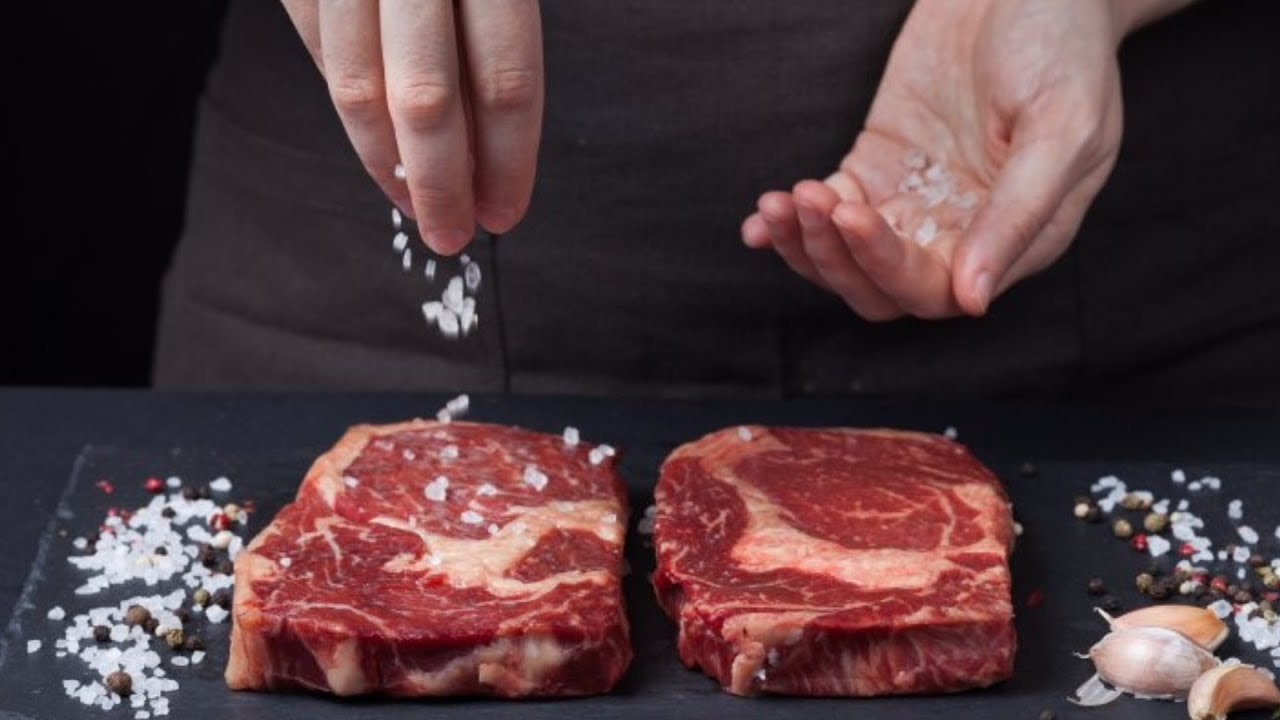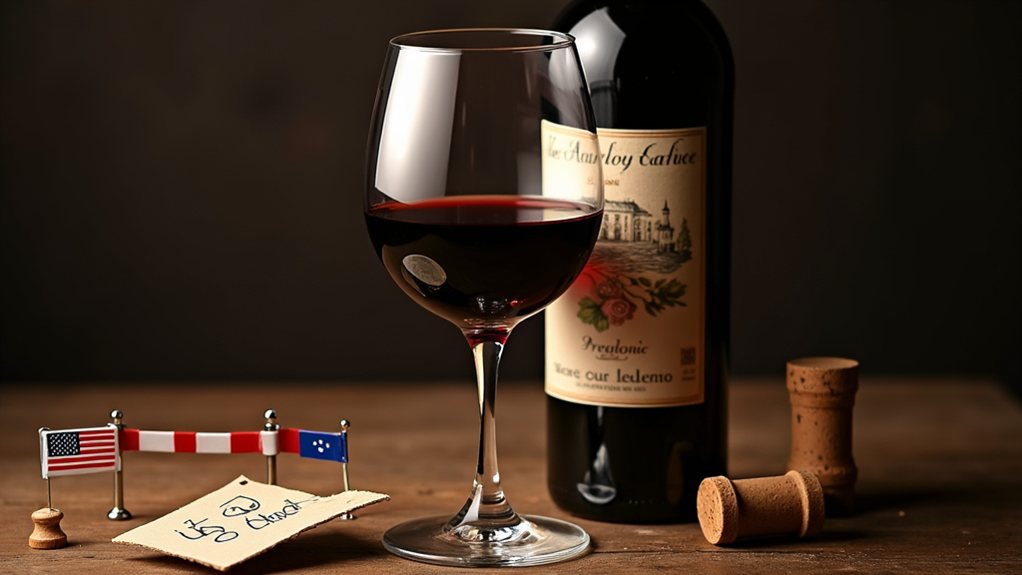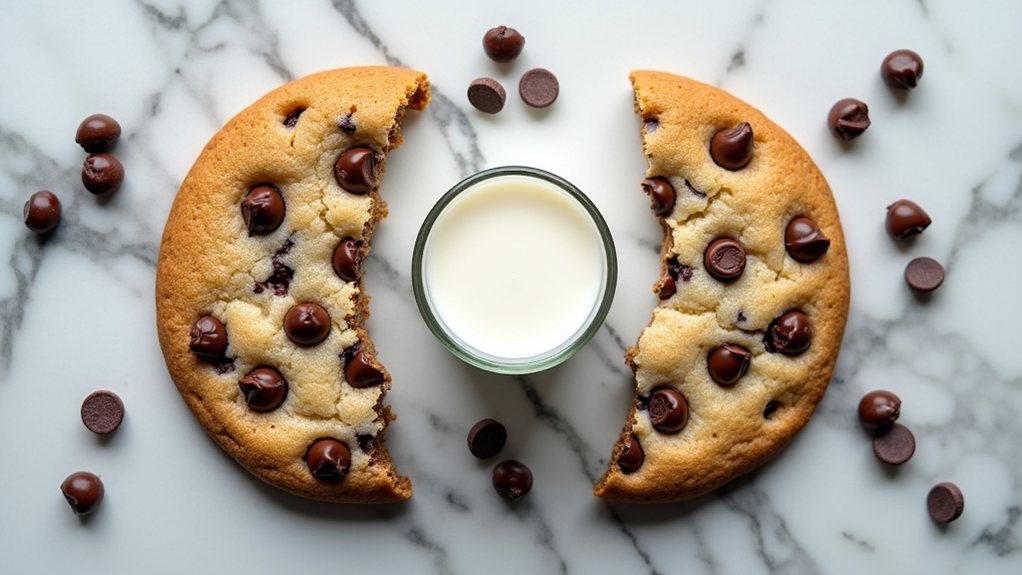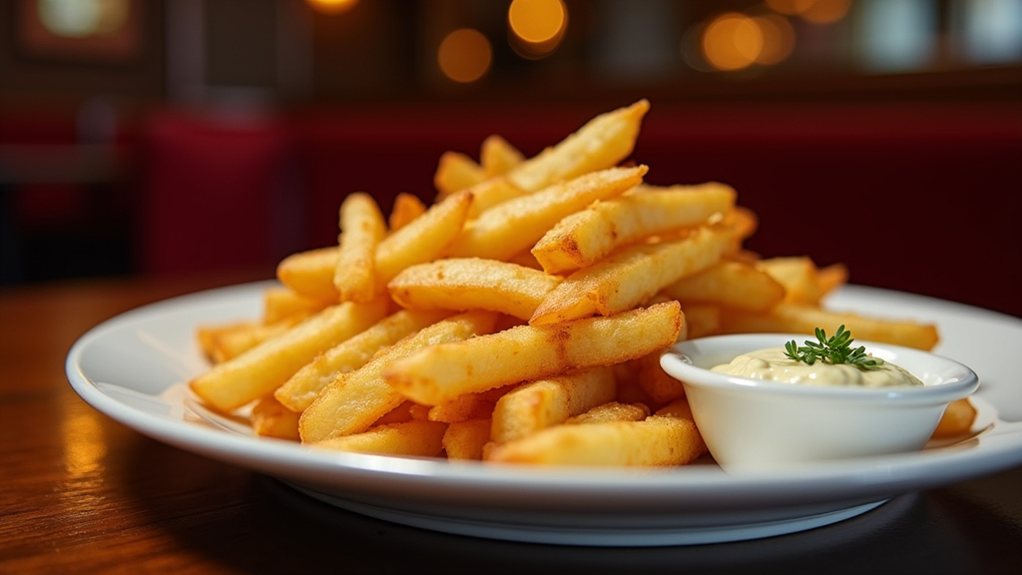Dining out is often regarded as a special occasion, a decoupling from the routine of home-cooked meals and an opportunity to enjoy someone else’s culinary efforts. Yet, this cherished experience demands meticulous planning. You’ve wrestled with the myriad of restaurant options, secured a slot for dinner, and briefed the babysitter on emergency protocols, resolving that nothing will upend your evening. Still, an ill-chosen dish can swiftly derail an otherwise perfect night. This compels us to question: what should we avoid ordering at unfamiliar eateries? Cue the advice from renowned chefs like Gordon Ramsay and Anthony Bourdain.
Firstly, in the realm of fine dining, not all that glitters is gold. Consider the spectacle of cheap “Kobe” beef. Ramsay and Bourdain caution that if the price tag feels unusually low, then the beef is either a counterfeit or of dubious origin. Genuine Kobe beef, hailing from Japan, commands a meaty premium. Therefore, steer clear of inexpensive “Kobe” offerings that could leave you feeling cheated rather than indulged.
Further along, tread cautiously with chicken dishes, often the pedestrian darling of menu choices. Ramsay, never one to mince words, argues that restaurants might serve chicken to mask subpar cooking techniques. Chicken can easily become dry and uninspiring—a downfall for what should be a memorable meal.
Entering the realm of complimentary offerings, the bread basket presents both temptation and trepidation. Bourdain advises skepticism; bread that’s been re-served or reheated carries the risk of staleness. Instead, save your appetite for the main act.
Eggs Benedict, a brunch favorite, also makes the dubious list. The silky hollandaise sauce, composed of raw eggs, poses a significant health risk if not meticulously fresh. Coupled with potentially old or improperly stored components, this dish turns into a gamble few should be willing to take.
Mondays spell caution for fish lovers. This day typically represents the tail end of the seafood supply received prior weekend, thus diminishing its freshness. Freshness, after all, can make or break a seafood dish, rendering stale fish a surefire way to mar your night out.
Lastly, approach daily specials with a grain of salt. Bourdain suggests that specials are often where restaurants dispose of ingredients nearing their expiration. Rather than being a creative chef’s inspiration, specials might be a veiled attempt to clear kitchen inventory.
In sum, while dining out is an eagerly anticipated joy, a discerning palate guided by expert advice can help dodge culinary missteps. Heed these insights, and your dining experience can flourish unspoiled.









